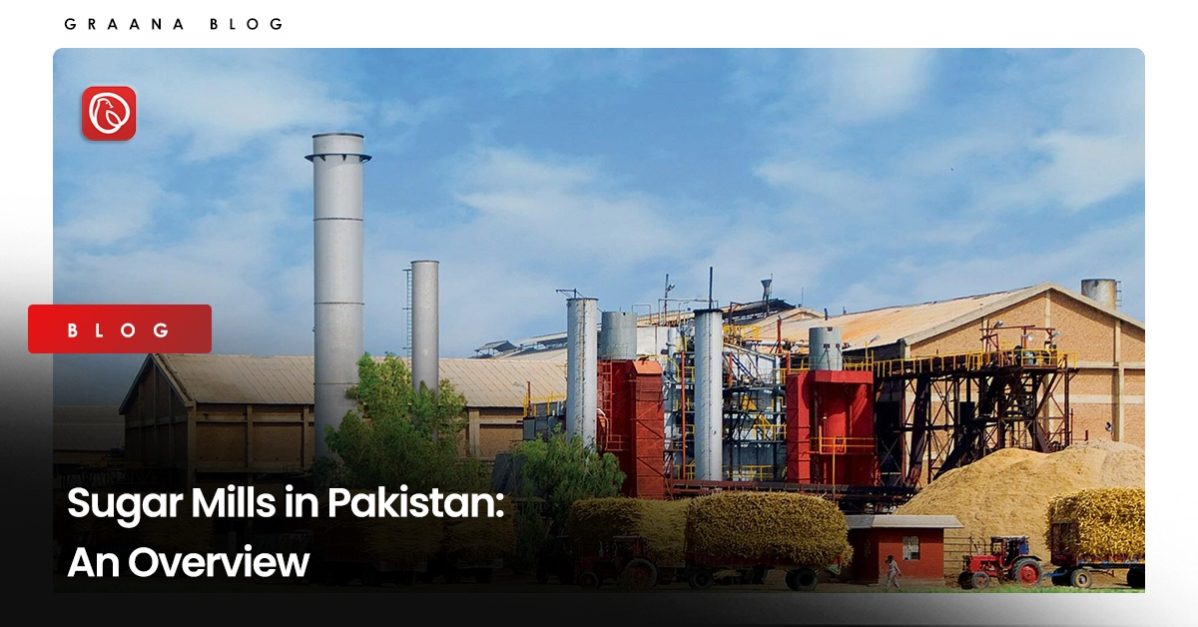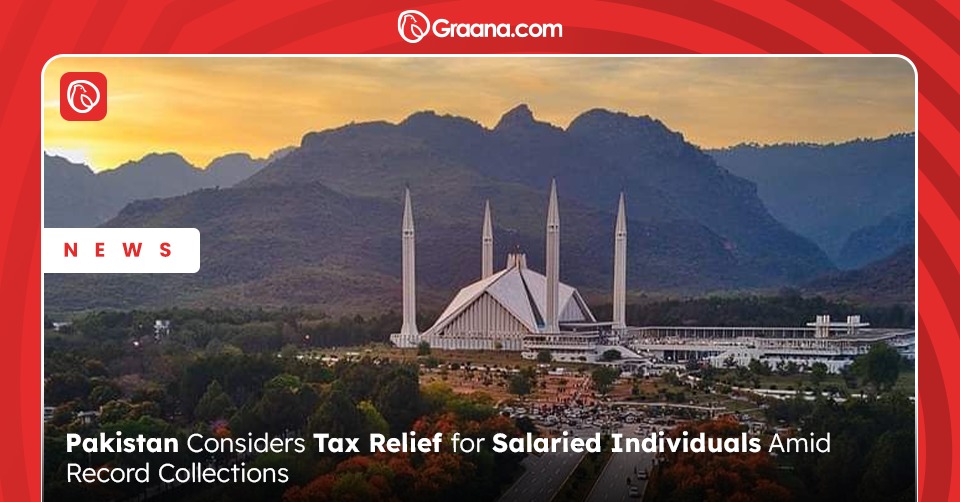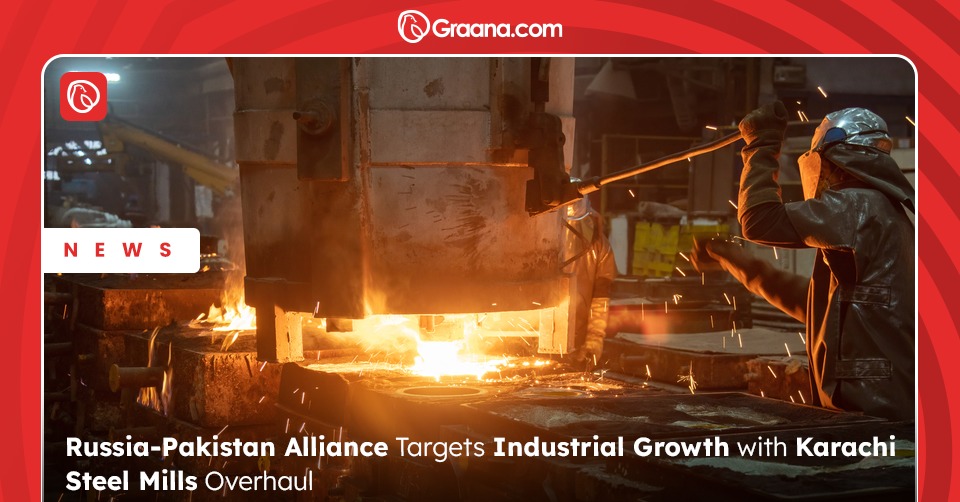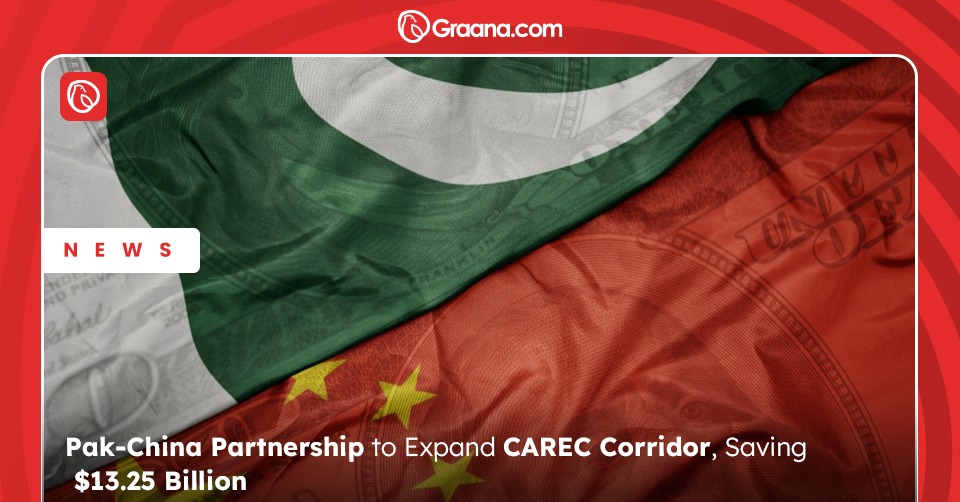Pakistan is one of the world’s largest sugarcane producers and sugar consumers. The sugar industry plays a vital role in the national economy, providing employment to many farmers and workers and contributing to exports and tax revenues.
However, the industry also faces many challenges, such as low productivity, high cost of production, inefficient management, political interference, and market distortions.
Graana.com provides an overview of the sugar industry in Pakistan, highlighting its main features, achievements, and problems. It also discusses some possible solutions and recommendations for improving the performance and sustainability of this important sector.
A Summary of Sugar Mills in Pakistan
| Attribute | Details |
|---|---|
| Total Sugar Mills | Approximately 90 operational sugar mills across Pakistan |
| Production Capacity | Varies by mill, typically ranging from 3,500 to 12,000 metric tons of sugarcane per day |
| Locations | Spread across various provinces including Punjab, Sindh, Khyber Pakhtunkhwa, and Balochistan |
| Major Producers | Leading sugar mill companies include: |
| – JDW Sugar Mills Ltd. | |
| – Al-Abbas Sugar Mills Ltd. | |
| – Husein Sugar Mills Ltd. | |
| – Shakarganj Mills Ltd. | |
| – Tandlianwala Sugar Mills Ltd. | |
| Raw Material | Sugarcane sourced from cultivated fields in agricultural regions |
| Seasonality | Sugar production peaks during sugarcane harvesting season (October to April) |
| Economic Impact | Significant contributor to the agriculture sector and rural employment |
| Challenges | Facing challenges such as fluctuating sugarcane prices, water scarcity, and energy costs |
Main Features of Pakistan’s Sugar Industry
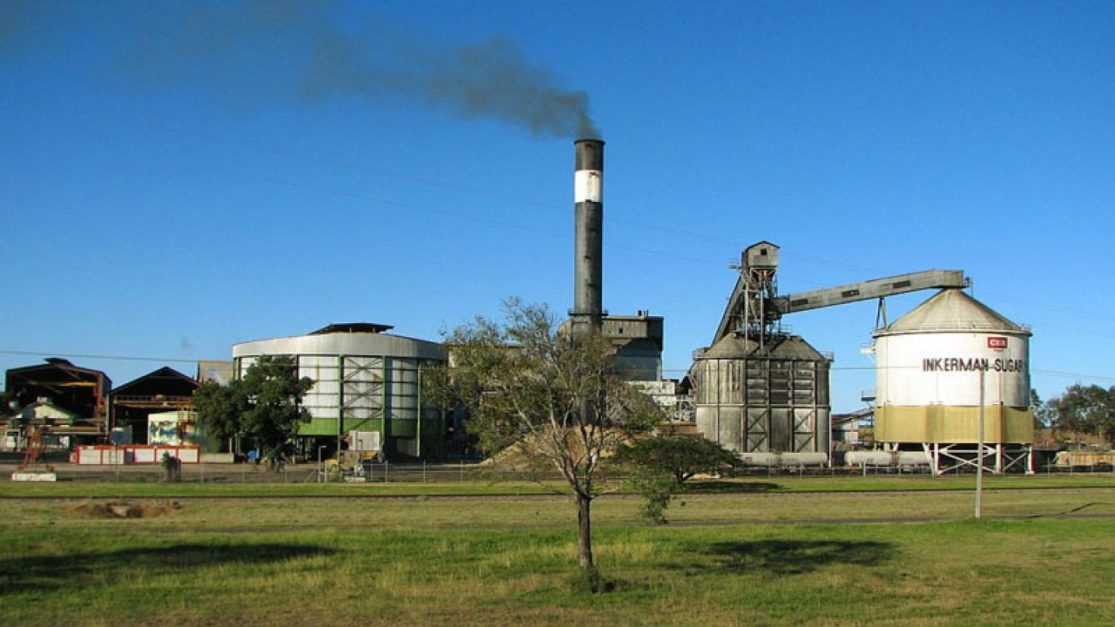
The sugar industry is one of the major industries in Pakistan. According to the Pakistan Sugar Mills Association (PSMA), 87 sugar mills were operating in the country as of 2021. These mills are mainly located in Punjab and Sindh, where sugarcane cultivation is concentrated. Their total crushing capacity is estimated at 6.8 million tons per day.
However, sugar production varies yearly, depending on various factors such as weather conditions, sugarcane availability, crushing duration, recovery rate, etc. In the 2020-21 season (October-September), Pakistan produced a record 8 million tons of sugar, about 1.5 to 2 million tons more than domestic consumption. This surplus was partly exported to reduce stocks and improve cash flow for millers.
Moreover, Pakistan’s sugar consumption is also high compared to other countries. According to PSMA, the per capita consumption of sugar in Pakistan was 25 kg in 2020-21, higher than the world average of 23 kg.
The main drivers of sugar demand are population growth (about 2% per annum), urbanisation (about 3% per annum), rising income levels (about 4% per annum), and changing dietary patterns (more preference for processed foods).
Process of Sugar Production
The process of sugar production involves 4 stages:
- Extraction of sugarcane juice
- Clarification of juice
- Boiling and crystallisation of juice
- Drying and packaging of sugar
Extraction of Sugarcane Juice
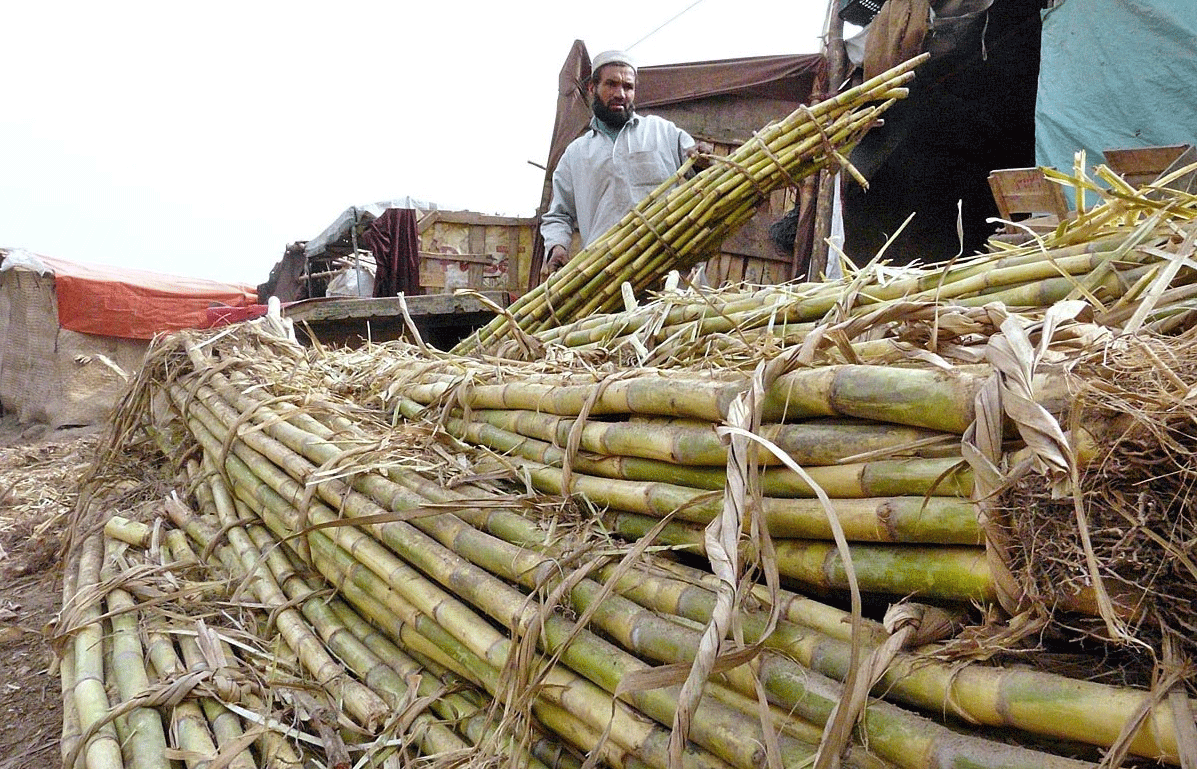
The sugarcane is harvested and transported to the sugar mill, where it is cleaned and washed. It is then crushed using heavy rollers, which extract the juice from the cane. The juice is then collected in large tanks.
Clarification of Juice
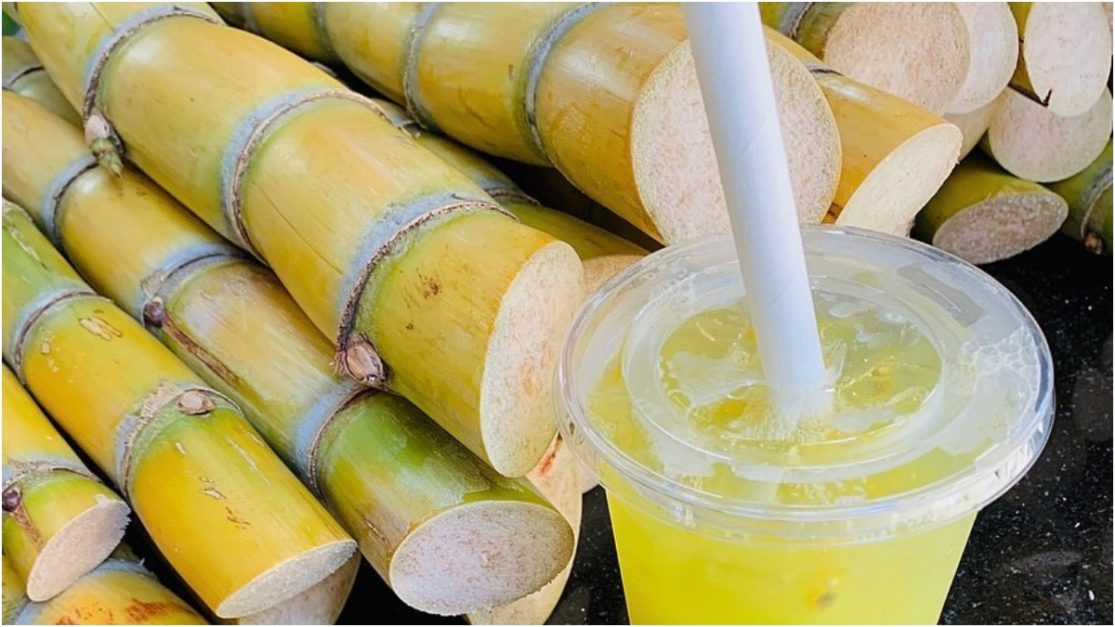
Sugarcane juice contains impurities such as dirt, fibres, and other organic materials. Therefore, it is subjected to a clarification process to remove these.
It is heated and treated with lime, which causes the impurities to coagulate and settle at the bottom of the tanks. The clear juice is then separated from the sediment.
Boiling and Crystallisation of Juice
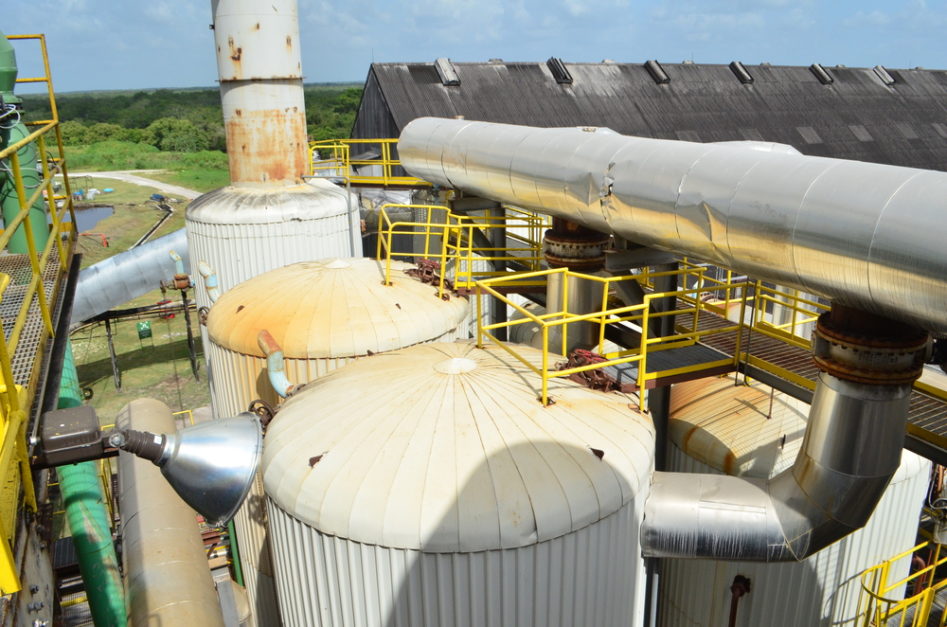
The clarified juice is then boiled in large tanks to remove the water content. It is continuously stirred during the boiling process to prevent it from burning. As it boils, sugar crystals begin to form.
The mixture is then cooled and the sugar crystals are separated from the syrup using a centrifuge. This process is repeated several times to produce refined sugar.
Drying and Packaging of Sugar
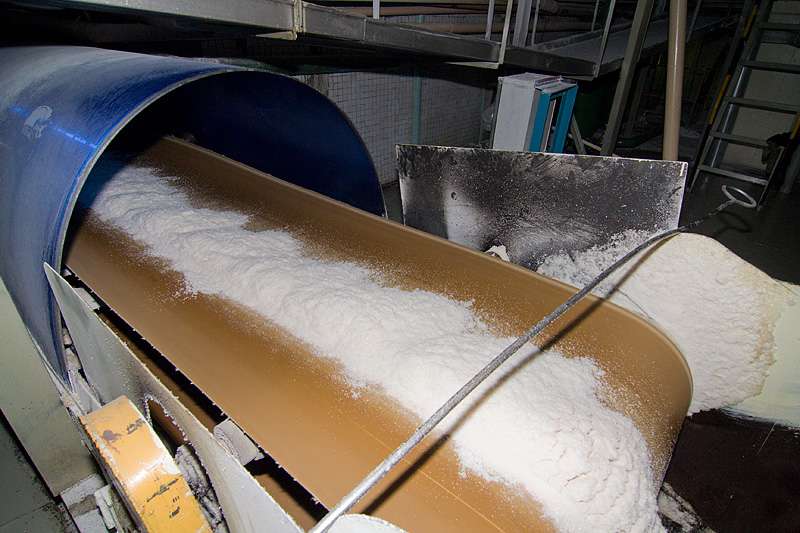
The sugar crystals are dried using hot air, which removes any remaining moisture. The dried sugar is then sifted and graded based on size and quality. It is packaged in bags or containers for distribution and sale.
Types of Sugar Mills
There are two main types of sugar mills in Pakistan:
- Traditional mills
- Modern mills
Traditional Mills
These are also known as Khandsari mills and are small-scale mills that use traditional methods to process sugarcane. They are mostly located in rural areas and produce unrefined sugar.
Modern Mills
These mills are large-scale industrial plants that use advanced technology to produce refined sugar. They are mostly located in urban areas and are capable of producing large quantities of sugar.
Locations of Sugar Mills in Pakistan
Sugar mills are located in different parts of the country, but most of them are situated in the sugarcane-growing regions of Punjab and Sindh. According to PSMA, there are about 90 sugar mills operating in Pakistan, with 45 mills in Punjab and 45 in Sindh.
The major sugarcane-growing districts of Punjab include Faisalabad, Jhang, Sargodha, and Sheikhupura, while the major sugarcane-growing districts of Sindh include Sukkur, Ghotki, Khairpur, and Nawabshah.
Achievements of Pakistan’s Sugar Industry
Despite its challenges, Pakistan’s sugar industry has also achieved some notable successes over time. Some of these are:
Increasing Sugarcane Production
The area under sugarcane cultivation has increased from about 0.9 million hectares in the 2000-01 season to about 1.2 million hectares in the 2020-21 season.
Furthermore, The yield per hectare has also improved from about 47 tons in the 2000-01 season to about 56 tons in the 2020-21 season. This has resulted in higher availability of raw materials for mills.
Improving Recovery Rate
The recovery rate refers to the percentage of sucrose extracted from sugarcane by mills. It depends on various factors such as the quality of the cane, crushing efficiency, etc.
The recovery rate has improved from about 8.5% in the 2000-01 season to about 10% in the 2020-21 season. This has resulted in higher output per unit input.
Diversifying Product Portfolio
Besides white refined sugar, some mills have also started producing other products such as brown sugar, ethanol, co-generation, etc.
These products have added value to their business and reduced their dependence on a single commodity.
Enhancing Export Potential
Due to surplus production, Pakistan has been able to export some quantity of sugar every year since the 2017-18 season.
According to PSMA, it exported about 1 million tons of sugar in the 2020-21 season, earning foreign exchange worth $350 million. This has helped improve the balance-of-payments situation for the country.
Challenges
Pakistan’s sugar industry has faced several challenges in recent years, including:
Price Manipulation and Cartelisation
One of the significant challenges facing the sugar industry in Pakistan is the alleged price manipulation and cartelisation by sugar mill owners.
The accusation is that it artificially inflates sugar prices by limiting production and supply to increase profits, which leads to increased prices for consumers and decreased profits for farmers.
Poor Governance and Corruption
The industry has also been plagued by poor governance and corruption. There have been allegations of collusion between sugar mill owners and government officials, resulting in favourable policies and subsidies that benefit the industry’s elite at the expense of farmers and consumers.
Inefficient Production Methods
Many sugar mills in Pakistan use outdated and inefficient production methods, leading to lower sugar yields and higher production costs. This has led to decreased competitiveness in global markets, making it challenging to compete with more efficient producers in other countries.
Water Scarcity and Environmental Degradation
It is a water-intensive industry, and many mills draw water from already depleted water sources, leading to water scarcity and environmental degradation.
People have accused the sugar industry of polluting water sources with wastewater and other pollutants, which has negatively impacted local communities’ health.
Lack of Diversification
Finally, the sugar industry in Pakistan is heavily reliant on sugarcane, with little investment in other crops or value-added products. This lack of diversification has left it vulnerable to external shocks, such as fluctuations in global sugar prices.
Mills in Punjab
Punjab is the largest sugarcane-producing province in Pakistan with a share of about 60% in total sugarcane production. There are 45 sugar mills operating in the province, with a crushing capacity of about 4.5 million tons per annum. Some of the prominent ones in Punjab are:
Adam Sugar Mills Ltd.
This mill was constructed in 1981 and started its operations in 1983. It has a crushing capacity of 6,000 tons per day and produces refined white sugar. It is located on Chishtian Road, Bahawalnagar.
Ashraf Sugar Mills Ltd.
This mill was established in 1984 and started its operations in 1986. It has a crushing capacity of 9,000 tons per day and produces refined white sugar. It is located on Ashrafabad Road, Bahawalpur.
Chanar Sugar Mills Ltd.
This mill was established in 1991 and started its operations in 1993. It has a crushing capacity of 7,500 tons per day and produces refined white sugar. It is located on Jhang Road, Faisalabad.
Chaudhry Sugar Mills Ltd.
This mill was established in 1992 and started its operations in 1994. It has a crushing capacity of 8,000 tons per day and produces refined white sugar. It is located on Lahore Road, Rahim Yar Khan.
Mills in Sindh
Sindh is the second largest sugarcane-producing province in Pakistan with a share of about 25% in total sugarcane production. There are 30 sugar mills operating in the province, with a crushing capacity of about 2.5 million tons per annum. Some of the prominent ones in Sindh are:
Al-Abbas Sugar Mills Ltd.
This mill was established in 1991 and started its operations in 1993. It has a crushing capacity of 10,000 tons per day and produces refined white sugar as well as ethanol from molasses. It is located in Mirwah Gorchani, Mirpurkhas.
Al-Noor Sugar Mills Ltd.
This mill was established in 1975 and started its operations in 1977. It has a crushing capacity of 9,500 tons per day and produces refined white sugar as well as ethanol from molasses. It is located in Shahpur Jahania, Shaheed Benazirabad.
Alliance Sugar Mills Ltd.
This mill was established in 2006 and started its operations in 2008. It has a crushing capacity of 8,000 tons per day and produces refined white sugar. It is located in Ghotki, Sukkur.
Army Welfare Sugar Mills Ltd.
Pakistan Army Welfare Trust (PAWT) established this mill as a welfare project for ex-servicemen. It started its operations in 2010 and has a crushing capacity of 7,500 tons per day and produces refined white sugar. It is located in Badin, Hyderabad.
Frequently Asked Questions (FAQs)
How important is the sugar industry for Pakistan’s economy?
Pakistan’s sugar industry is one of the largest agro-based industries and it plays a vital role in the country’s economy. It generates significant foreign exchange earnings and provides employment to a large number of people, directly and indirectly.
How many sugar mills are there in Pakistan?
According to the Pakistan Sugar Mills Association (PSMA), there are around 90 sugar mills operating in the country. These are mainly located in Punjab and Sindh.
What are the challenges sugar mills face in Pakistan?
These challenges include high production costs, outdated technology, political interference, and price control and subsidy issues. In addition, environmental concerns such as pollution and waste management are also significant issues for the industry.
What is the government’s role in the sugar industry in Pakistan?
The government plays a vital role: it formulates policies to regulate the industry, provides subsidies and incentives to sugar mills, and controls the price of sugar to ensure its availability at a reasonable price for consumers.
What are the different types of sugar mills in Pakistan?
There are two main types: traditional mills, also known as Khandsari mills, and modern mills. Traditional mills are small-scale mills that use traditional methods to process sugarcane and are mostly located in rural areas.
Modern mills are large-scale industrial plants that use advanced technology to produce refined sugar and are mostly located in urban areas.
How is sugar produced in Pakistan?
Sugar is produced in Pakistan by processing sugarcane in sugar mills. The sugarcane is harvested and transported to the mills, where it is crushed to extract the juice. Afterwards, the juice is then clarified, boiled, and crystallised to produce refined sugar. The sugar crystals are then dried and packaged for distribution and sale.
What is the future of the sugar industry in Pakistan?
The future looks promising, provided the industry can control the challenges it faces. The government is taking steps to modernise it and make it more environmentally sustainable.
However, there is a need for increased investment in research and development to improve the quality and productivity of sugarcane cultivation, processing, and marketing.
For more information, visit Graana.com.
